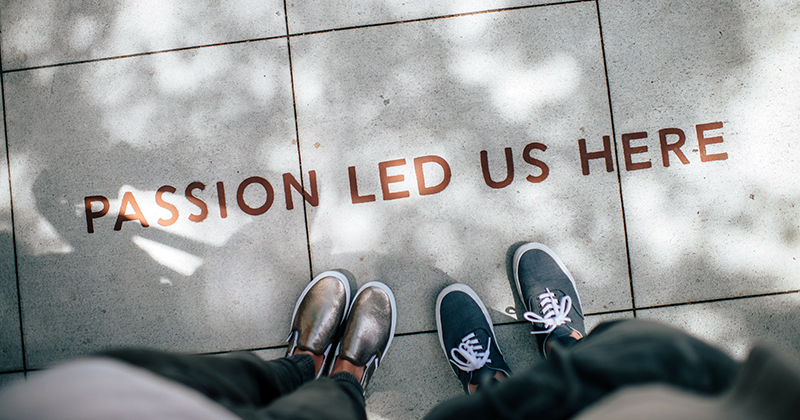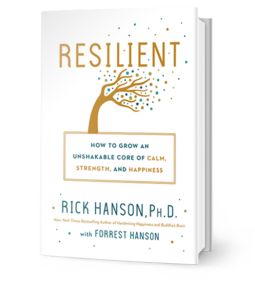
Politics & Society
[vc_row css_animation=”” row_type=”row” use_row_as_full_screen_section=”no” type=”full_width” angled_section=”no” text_align=”left” background_image_as_pattern=”without_pattern”][vc_column][vc_column_text]<– Return[/vc_column_text][/vc_column][/vc_row][vc_row css_animation=”” row_type=”row” use_row_as_full_screen_section=”no” type=”full_width” angled_section=”no” text_align=”left” background_image_as_pattern=”without_pattern”][vc_column width=”2/3″]
How do you keep the ``Compassion Well`` from drying up in these days when there is so much suffering?
I don’t have all the answers, for sure. Personally, I let myself disengage when it’s too much, fuel myself when I can, and try to see the big picture. I think of this saying (close paraphrase) from Nkosi Johnson: “Do what you can where you are with what you’ve been given in the time that you have.”
Meanwhile, I also keep trying to let go of the experiences washing through awareness, not sticking to them or them sticking to me.[/vc_column_text]
As a physician I want to know: why pursue happiness practices like the ones you suggest rather than pouring 100% of one’s energy into work that saves/elongates lives?
Why is being better than doing?
As to those who are struggling in this world that we cannot concretely help, to me it’s important to have compassion and to bear witness and to be a stand for justice: I have faith that this is worth being and doing in its own right, and faith that in ways largely unknown this will in fact be concretely helpful somehow some day.[/vc_column_text]
My question is about resilience and how to find agency in a world where we seem to be failing in so many ways (environmentally, politically).
It can be helpful to bring to mind admired models of this sweet spot – badass but not pissed off, alarmed but not immobilized, compassionate toward them but also toward oneself – and then imagine “channeling” them or tuning into some aspect of how in the world they stay in that sweet spot.
Meanwhile, we fight the good fight and do what we can. And stay happy meanwhile; they may have our White House, but they never need to have our minds.[/vc_column_text]
How are you able to include a more diverse population to work with, both in affordability and approach?
These are ongoing efforts and we keep looking for ways to improve them; specific suggestions are welcome. Still, Rick remains an older middle-class white male, which understandably constrains his offerings and his appeal. Given this fact, a person can find different self-help resources offered by others or engage Rick’s resources knowing their limitations. If someone decides to look elsewhere, we certainly respect that choice.[/vc_column_text]
What actions should neighbors take if they suspect something amiss in their neighborhood?
Can you help me with the tremendous feelings of pain/guilt/helpflessness I feel because of the trauma my nation lives with?
Up to you, but for me the path combines compassion…and equanimity. And it allows each of us to find the happiness we can while we do what we realistically can to help others.
I’d like to mention a book that came across my desk recently, Healing Collective Trauma by Thomas Hubl. You might find some useful things in it.
Also, as I feel your big heart in your words, it occurs to me that shifting your attention to compassion and love when you feel heartsore about your beautiful country (distinct from its oppressive rulers), and really resting in love, taking love as a meditation object, taking love as where you dwell…well, this might be helpful too.[/vc_column_text]
What advice would you give to parents whose teenage child is experiencing relationship issues in school: being bullied because of physical appearance?
Meanwhile, you can help the teenager develop inner resources to reduce the impact of the bullying, like a strong sense of being cared about by others, of personal worth, and of recognizing that the bullies are frankly full of shit and talking out of their own feelings of inadequacy and meanness.[/vc_column_text]
I want to ask you to please not propagate for people to eat meat.
And – many people, including me, seem to do best eating a diet that is similar to the one that our primate, hominid, and human ancestors ate as they evolved: lots of vegetables, some nuts and fruits, and some meat. This is particularly true for those who (like me and many others) should not eat gluten grains or dairy protein, greatly reducing their options for protein.
Resolving these two things is more than a matter of convenience or inconvenience. Especially for the great many people who do not have the time to do a careful combining of foods to get enough protein through vegetable/grain sources: it’s a matter of real health.
So I named options, which is different from advocating one or another. Yet you could rightly say that naming an option such as cannibalism without moral disapproval is not good either. Are we at the point that naming the option of eating meat is like naming the option of cannibalism (or other morally repugnant actions)? I don’t know. Obviously, moral standards evolve over time, and some things considered morally acceptable a couple hundred years ago are repugnant today; some years from now, people may look back on meat-eaters with the moral repugnance we now feel for slave owners.
So I am conflicted here, and trying to be honest with you about this.[/vc_column_text]
Is animal research ethical? If it is not, is it ethical to report its findings?
The question is whether to report the results of animal research, which has vastly furthered our understanding of the human body and mind, notwithstanding its very disturbing origins. Does reporting it condone it?
This question doesn’t sit easy with me, I have no glib answer to it. My gut tells me that reporting animal research does indeed imply a valuing of it, and thus in some sense enables it – particularly if there is no balancing mention of the ethical issues in animal research. This possibility of enabling is uncomfortable but good to recognize.
People have different opinions about the ethics of doing animal research, and there is undoubtedly a range of views about the ethics of reporting on animal research distinct from doing it. I respect people’s rights to their views while also being grateful for your prodding and clarifying of my own.[/vc_column_text]

Additional Resources
Resilient by Rick Hanson, Ph.D. and Forrest Hanson
[/vc_column_text][vc_separator type=”normal”][vc_column_text]
[/vc_column_text][vc_separator type=”normal”][vc_column_text]
Organizations Worth Supporting
[/vc_column_text][vc_separator type=”normal”][vc_column_text]
[/vc_column_text][vc_separator type=”normal”][vc_column_text]
[/vc_column_text][vc_separator type=”normal”][vc_column_text]
[/vc_column_text][vc_separator type=”normal”][vc_column_text]
[/vc_column_text][vc_separator type=”normal”][vc_column_text]
Finding Agency in a Chaotic World
[/vc_column_text][vc_separator type=”normal”][vc_column_text]
Two Wolves in the Heart: The Evolution of Empathy and Aggression, Of “Us” and “Them”
[/vc_column_text][vc_separator type=”normal”][vc_column_text]Being Well Podcast: Systemic Racism and Social Justice[/vc_column_text][vc_separator type=”normal”][vc_column_text]
Meditation + Talk: Knowing How Deeply Our Lives Are Intertwined
[/vc_column_text][/vc_column][/vc_row]


